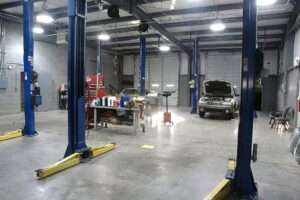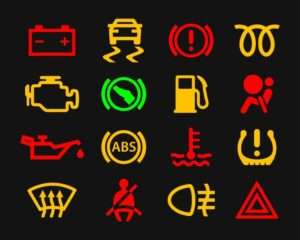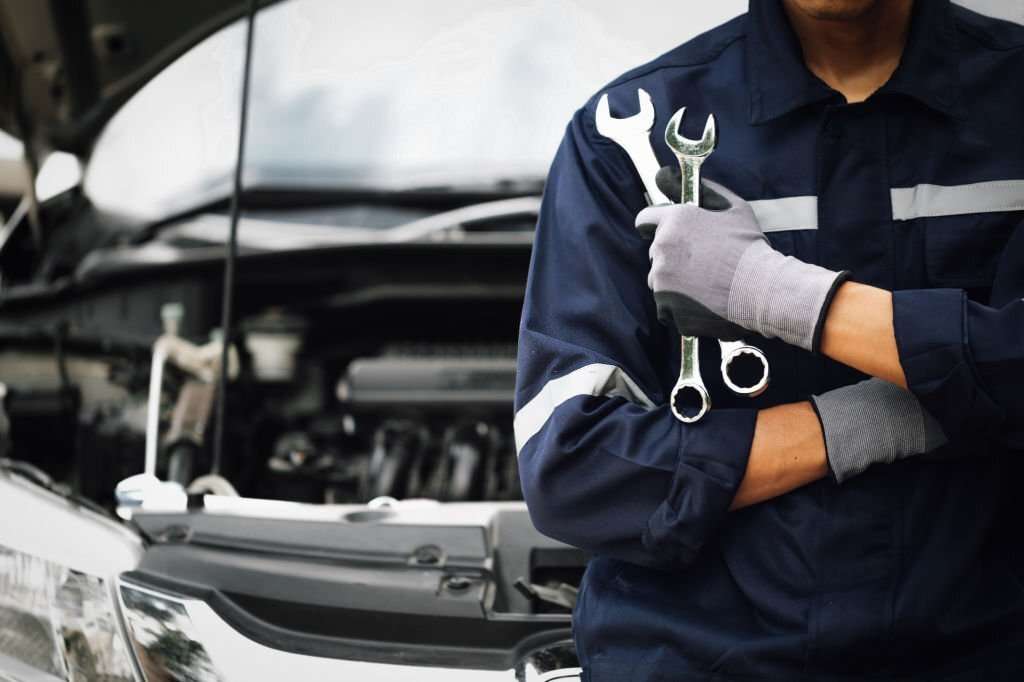Purchasing a used vehicle requires careful consideration to ensure a wise investment. In this detailed analysis, we will explore the crucial factors to look out for when buying a used vehicle. By following these steps, you can make an informed decision and find a reliable vehicle that suits your needs.
- Determine Your Budget: Before embarking on your search, establish a realistic budget that encompasses not only the purchase price but also ongoing costs like insurance, maintenance, and fuel expenses. Stick to your budget to avoid being swayed by vehicles that are beyond your financial means, helping you make a sensible decision in line with your financial capabilities.
- Research the Vehicle’s History: Gather the vehicle’s identification number (VIN) and utilize reputable online services to access its comprehensive history report. Pay close attention to any red flags such as past accidents, flood damage, or major repairs. Furthermore, verify the number of previous owners and ensure that the vehicle possesses a clear title. This step will enable you to gauge the vehicle’s reliability and make an informed decision.
- Consider Your Needs and Lifestyle: Assess your unique requirements and determine the type of vehicle that best suits your lifestyle. Consider factors like seating capacity, cargo space, fuel efficiency, and safety features. By aligning your purchase with your specific needs, you can ensure that the vehicle enhances your daily life while providing convenience and comfort.
- Inspect the Exterior: Perform a meticulous examination of the vehicle’s exterior for signs of rust, dents, or mismatched paint, which can indicate previous damage or poor repairs. Additionally, check the tires for even wear and assess their overall condition. A thorough inspection of the exterior will help you gauge the vehicle’s overall condition and potential maintenance costs.
- Evaluate the Interior: Inspect the interior for wear and tear, paying attention to the condition of the seats, dashboard, and carpets. Test all functions, including the air conditioning, infotainment system, and power accessories, to ensure they are in proper working order. A comprehensive evaluation of the interior will provide insights into the vehicle’s maintenance history and overall care.
- Mechanical Inspection: Engage a trusted mechanic to conduct a comprehensive inspection of the vehicle’s mechanical components. They will assess the engine, transmission, brakes, suspension, and other vital systems to identify potential issues or signs of poor maintenance. By leveraging their expertise, you can gain valuable insights into the vehicle’s mechanical condition and make an informed decision.
- Test Drive: Take the vehicle for a thorough test drive, evaluating its performance on different road conditions. Pay close attention to the engine’s responsiveness, braking capabilities, steering, and overall comfort. Be attentive to any unusual noises or vibrations that may indicate underlying problems. A test drive provides a firsthand experience of the vehicle’s condition and enables you to make an informed assessment.
- Consider Ownership Costs: Research the vehicle’s fuel economy, maintenance costs, and the availability of spare parts. High-end vehicles or models with complex technologies may require more expensive repairs and specialized servicing. By understanding the long-term ownership costs associated with the vehicle, you can make an informed decision based on your budget and financial capabilities.
- Negotiate and Verify Documentation: Utilize the information gathered from your research and inspections to negotiate a fair price with the seller. Request all necessary documentation, including the vehicle title, service records, and any warranties, to ensure the legitimacy of the transaction. By verifying the documentation, you can protect yourself from potential scams or hidden issues with the vehicle.
- Get a Pre-Purchase Inspection: If possible, arrange for an independent third-party inspection from a trusted mechanic or inspection service. Their expertise will provide an unbiased evaluation of the vehicle’s condition and help you make an informed decision. A pre-purchase inspection serves as a final step to ensure that you are fully aware of the vehicle’s condition before finalizing the purchase.
By meticulously following these steps and considering the factors discussed, you can navigate the used vehicle market with confidence. Conducting thorough research, inspections, and assessments will minimize the risks associated with buying a used vehicle and increase the likelihood of finding a reliable and suitable option that aligns with your needs and budget.






